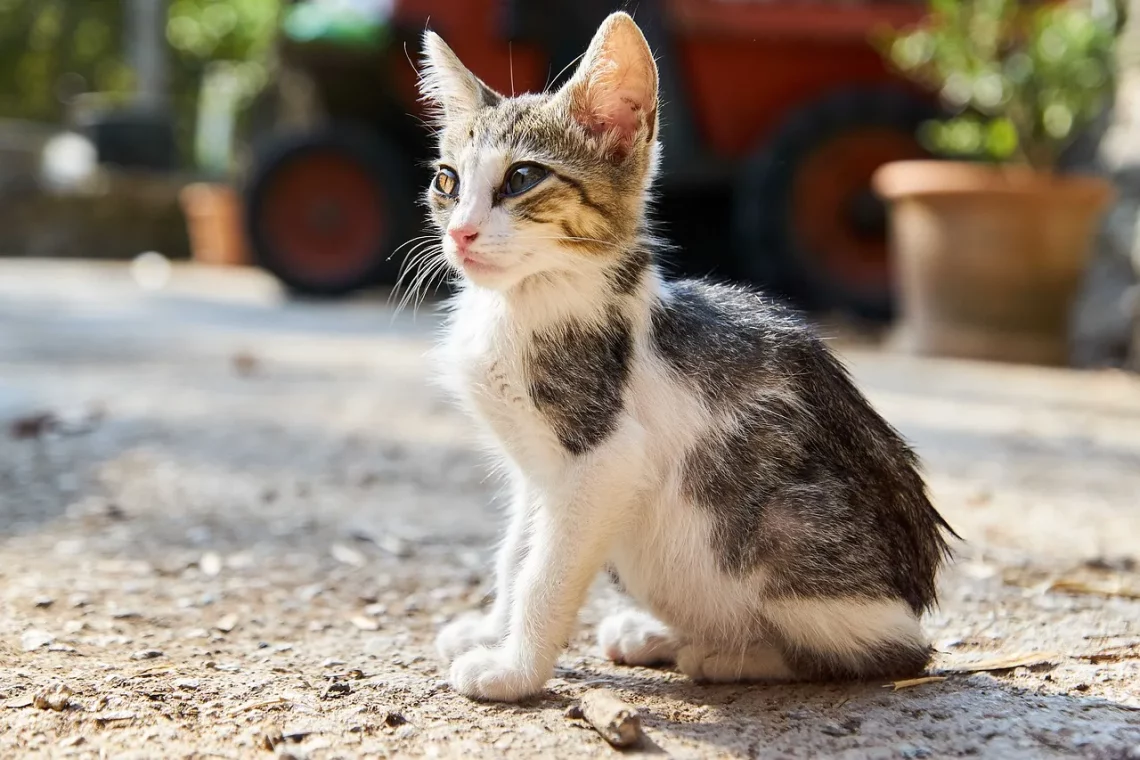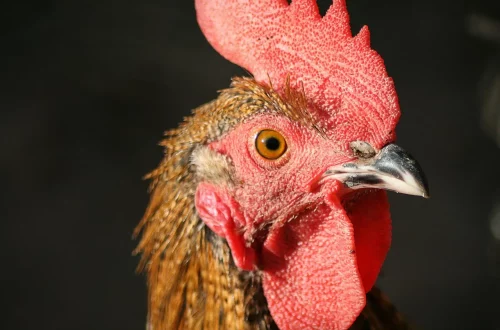
Understanding Parvo in Kittens: Symptoms, Treatment, and Prevention
Parvovirus, commonly known as parvo, is a highly contagious viral infection that primarily affects canines, but it can also be a significant threat to young felines, particularly kittens. This virus is notorious for its ability to cause severe gastrointestinal distress, leading to dehydration, lethargy, and even death if left untreated. The implications of parvo are serious, especially for vulnerable animals whose immune systems are still developing.
Understanding the nature of parvo and its impact on kittens is crucial for pet owners and animal caregivers. Kittens, with their developing immune systems, are particularly susceptible to infections. Parvovirus can spread quickly in environments where multiple animals are housed together, such as shelters or breeding facilities. The virus is hardy, surviving in the environment for an extended period, making it challenging to eradicate once it has infiltrated a space.
Awareness of the symptoms, treatment options, and preventive measures can equip pet owners with the knowledge needed to protect their kittens from this dangerous virus. Recognizing the signs early can be life-saving, as prompt veterinary intervention is critical for recovery. Moreover, understanding how to prevent the spread of parvo is equally important in safeguarding not only individual pets but also the larger community of animals.
Recognizing Symptoms of Parvovirus in Kittens
Identifying the symptoms of parvovirus in kittens is the first step towards ensuring their health and safety. The signs can develop rapidly, often appearing within a few days of infection. One of the most common early symptoms is lethargy; kittens may seem unusually tired, less active, or disinterested in play. This lack of energy can be alarming, as kittens are typically playful and curious.
Another critical symptom to watch for is vomiting. Infected kittens may vomit frequently, which can lead to significant dehydration. Alongside vomiting, diarrhea is a hallmark symptom of parvo. The diarrhea can be severe, often described as watery and may contain blood. The combination of vomiting and diarrhea can quickly deplete a kitten’s body of essential fluids, leading to dehydration.
Additionally, kittens with parvovirus may exhibit a loss of appetite. This refusal to eat can further exacerbate their condition, as they may not be getting the necessary nutrients to fight off the infection. A fever may also be present, although not all infected kittens will show an elevated temperature.
It’s crucial for pet owners to monitor their kittens closely for these symptoms. If any of these signs are observed, particularly a combination of lethargy, vomiting, and diarrhea, immediate veterinary attention is essential. Early diagnosis and treatment can significantly improve the chances of recovery, making it vital to act quickly.
Treatment Options for Kittens Affected by Parvo
Once a kitten is diagnosed with parvovirus, prompt treatment is crucial. The treatment primarily focuses on supportive care, as there is no specific cure for the virus itself. The primary goal is to manage symptoms, prevent dehydration, and maintain the kitten’s overall health during the recovery process.
Veterinarians typically begin treatment with intravenous (IV) fluids to combat dehydration, especially if the kitten is vomiting and unable to keep food or water down. These fluids help to restore electrolytes and maintain hydration levels, which are critical for the kitten’s recovery. The veterinarian may also administer anti-nausea medications to help control vomiting, allowing the kitten to keep fluids and, eventually, food down.
In addition to fluid therapy, supportive care may include medications to manage diarrhea and any secondary infections that could arise due to the weakened immune system. Kittens may require antibiotics if they are at risk of developing bacterial infections as a result of the virus’s impact on their gastrointestinal tract.
Nutritional support is another vital aspect of treatment. Once the kitten is stable enough to eat, veterinarians may recommend a special diet that is easy on the digestive system. This diet may include bland, easily digestible foods that can help the kitten regain strength without overwhelming its system.
Monitoring the kitten’s condition closely during treatment is essential. Regular follow-up visits to the veterinarian can help assess the kitten’s progress and make any necessary adjustments to the treatment plan.
Preventive Measures Against Parvovirus in Kittens
Preventing parvovirus in kittens is far more effective than treating it after infection. One of the most crucial preventive measures is vaccination. Kittens should receive their first vaccinations against parvovirus at a young age, typically around six to eight weeks. Following this, booster shots are necessary at regular intervals, as determined by the veterinarian. Adhering to a vaccination schedule not only protects individual kittens but also contributes to herd immunity within the feline population.
Another important aspect of prevention is minimizing exposure to potentially infected environments. Kittens, especially those that are not fully vaccinated, should be kept away from areas where unvaccinated cats congregate, such as parks, shelters, and pet stores. If a kitten does need to visit a location where other animals are present, it is wise to carry them in a secure carrier and limit their contact with surfaces that may harbor the virus.
Maintaining a clean environment is also essential. Parvovirus is resilient and can survive on surfaces for long periods. Regular cleaning and disinfecting of areas where kittens live, play, and eat can help reduce the risk of infection. Use a disinfectant that is effective against parvovirus, and pay close attention to high-touch areas.
Educating pet owners about the importance of hygiene practices, such as washing hands after handling animals, can further prevent the spread of the virus. It is also beneficial to be aware of the signs of parvo and to seek veterinary advice immediately if symptoms arise.
In conclusion, while parvovirus is a serious threat to kittens, understanding its symptoms, treatment options, and preventive measures can empower pet owners to take action. Early recognition and intervention are key to improving outcomes for affected kittens.
**Disclaimer:** This article is for informational purposes only and is not intended as medical advice. Always consult a veterinarian for health-related concerns regarding your pet.




